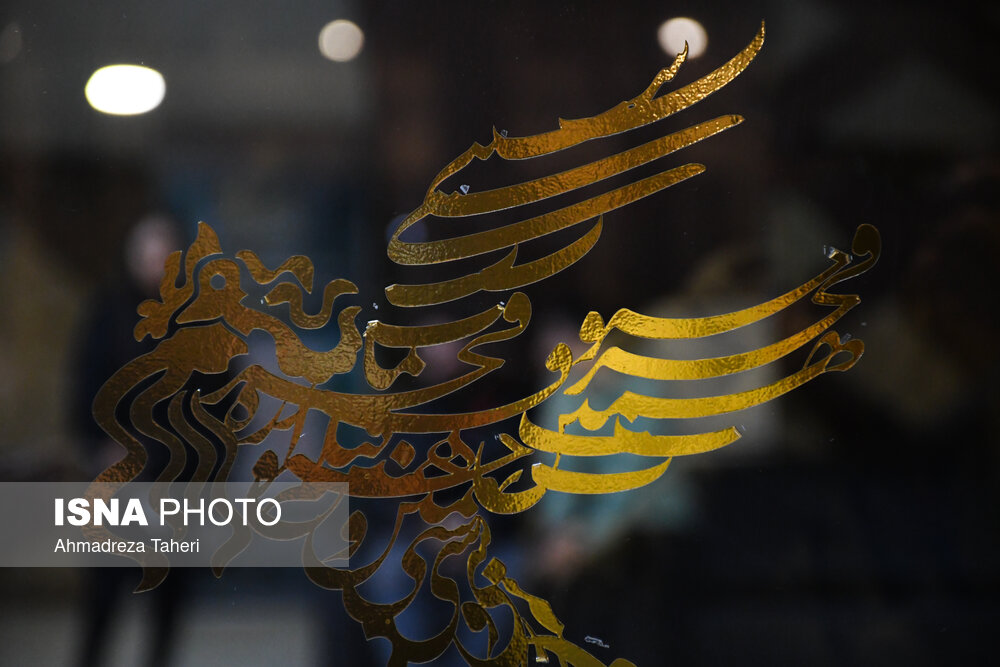By 2014, the volume of international film productions had grown significantly, prompting the festival organizers to hold a separate event.
In 2021, after seven years of development and fine-tuning, the International Fajr Film Festival was recognized by the International Federation of Film Producers Associations (FIAPF) as a Class A global festival, joining the ranks of the world’s top 15 competitive film festivals.
The festival is now scheduled to take place in May, strategically positioned between the Cannes and Beijing international film festivals.
Cinema expert Amirhossein Alamolhoda believes that the renewed separation of the national and international sections of the Fajr Film Festival is a commendable move that will significantly enhance the international segment’s identity.
He emphasized the importance of committing to the festival’s global identity to achieve credibility on the international stage.
Alamolhoda highlighted the crucial role of foreign policy and international activities in achieving a globally influential festival, stressing that a country lacking public screenings of foreign films cannot host a festival of international repute.
The presence of distinguished international guests, such as Hollywood director Oliver Stone in 2018 and filmmaker Paul Schrader in 2019, elevated the festival’s prestige and facilitated connections between Iranian filmmakers and regional distributors, Shargh added.
The success, credited to festival secretary Reza Mirkarimi, stands in contrast to the period when the national and international segments were merged, attracting less renowned guests.
As the festival’s organizers work towards improving and solidifying these changes, the separation of the national and international sections is seen as a promising start to a new chapter in Iranian cinema.
In November 2024, following extensive deliberations, it was decided that the national and international sections of the Fajr Film Festival would be held separately, less than three months before the event.
